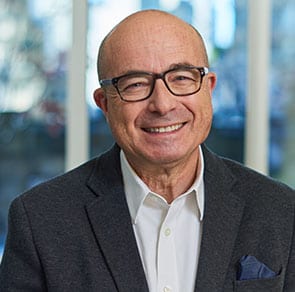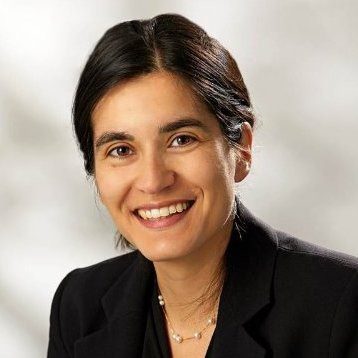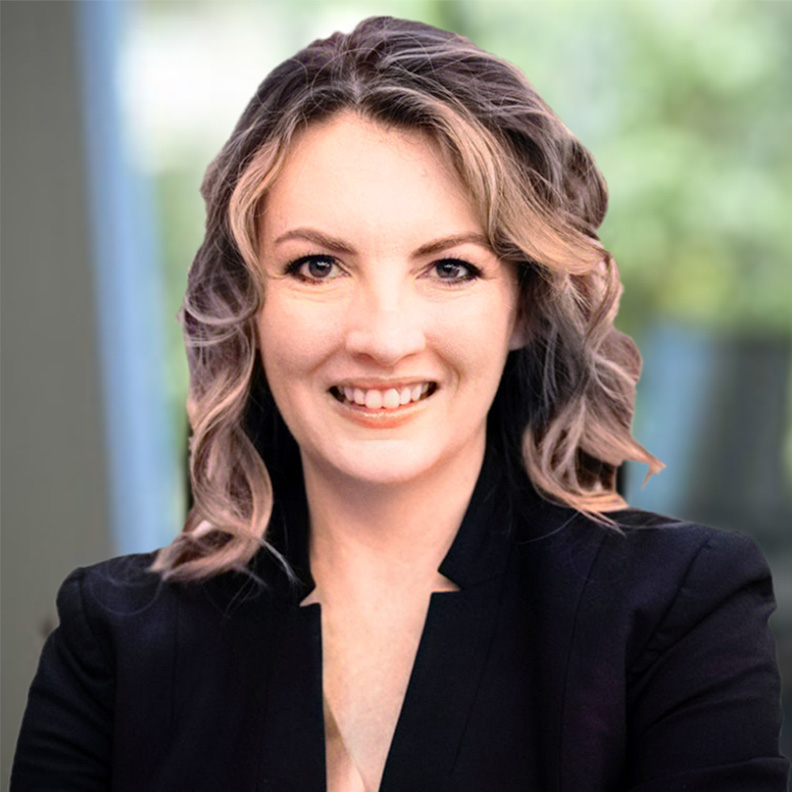Takeda’s enzyme therapy soticlestat, which aims to balance brain cholesterol and reduce seizures, failed two Phase 3 trials in certain forms of epilepsy.
Monday’s double whammy throws cold water on potential approvability for soticlestat, as the Japanese drugmaker had planned to submit the candidate to regulators by the end of this fiscal year.
 Jeremy Levin
Jeremy LevinOvid Therapeutics, which gave full rights to the drug back to Takeda in 2021, saw its shares $OVID drop by almost 70%. CEO Jeremy Levin told Endpoints News in an interview that while the results were disappointing, Ovid “never counted” on any financial windfall from Takeda to afford future internal development.
“We have the capital, the people and the pipeline to make [Ovid] move forward,” he said. The biotech has two Phase 1 assets and another preclinical candidate approaching an IND submission.
Ovid received nearly $200 million upfront in 2021 for the drug and about another $660 million on the line in biobucks. Takeda’s shares $TAK were up less than 1% on Monday.
At a p-value of 0.06, Takeda said the drug “narrowly missed” the primary endpoint of reducing convulsive seizure frequency versus placebo in patients with refractory Dravet syndrome. Meanwhile, in a trial of patients with refractory Lennox-Gastaut syndrome, the drug failed to reduce the so-called major motor drop seizure frequency versus placebo.
In the two studies, dubbed SKYLINE and SKYWAY, Takeda said it saw “nominally significant treatment effects” on caregiver and clinician assessments of improvement and seizure intensity, respectively, among other endpoints.
The drugmaker said the experimental medicine was “generally well-tolerated.” Despite the misses, Takeda said it will discuss the full data with regulatory authorities to figure out the program’s next steps. Results from both trials will be presented at undisclosed scientific conferences as well.
 Sarah Sheikh
Sarah Sheikh“Even with currently available therapies, we know that many patients with developmental encephalopathies like DS and LGS still experience persistent unmet need across multiple dimensions, such as seizure burden and treatment tolerability,” Sarah Sheikh, head of Takeda’s neuroscience therapeutic area, said in a release.
“While we would have wished for more declarative results on the primary endpoints, we are encouraged by positive outcomes seen in the totality of the data and are looking forward to engaging health authorities to determine the best path forward,” she added.
Ovid presses forward
Ovid strategy chief Meg Alexander told Endpoints that prespecified subgroups across both trials had meaningful improvements on both primary and secondary endpoints, but was unable to disclose further details. She hinted specifically at one endpoint from the Dravet syndrome trial. “One that seemed to be encouraging was seizure duration and intensity,” Alexander said.
 Meg Alexander
Meg AlexanderWhile Alexander added that “there are certainly good reasons” for Takeda to pursue a path forward for the drug, analysts at TD Cowen described the route as “narrow” and the commercial potential as “modest.”
Takeda is calculating the financial impacts of the results, including impairment loss, for the first quarter, which ends June 30.
Ovid’s attention now turns to a Graviton-partnered ROCK2 program set to enter Phase 2 later this year, with initial data slated for the first half of 2026. Levin described another clinical stage asset, OV329, as a “rifle shot” given it’s a single-asset not part of a larger platform that can spin out additional compounds.
More excitement was allotted to a KCC2 activator platform in-licensed from AstraZeneca, with an IND expected to be submitted for a first asset by the end of the year.
Ovid reported $90.3 million in cash on hand as of the end of March, enough to last into the first half of 2026. Levin said the goal has been to have a “fiscal strategy independent of third parties.”
Editor’s note: This article was updated to add comments from an interview with the Ovid exec team.